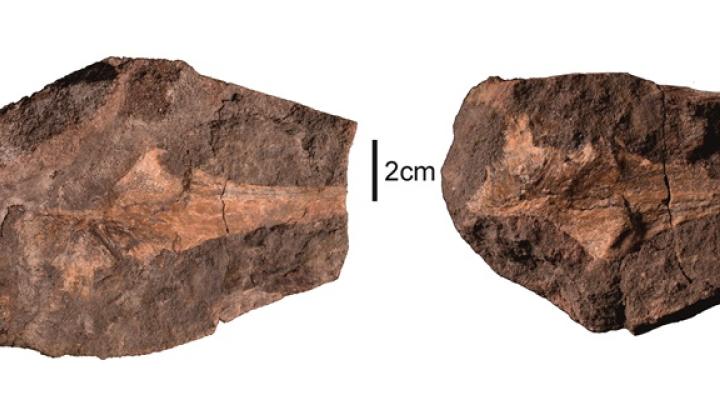Prof. Post: someday we might grow artificial meat at home
 PAP © 2012 /
PAP © 2012 /
The vision of test-tube meat grown in home bioreactors was the theme of the lecture of Prof. Mark Post at the Copernicus Science Centre. Prof. Post intends to make a hamburger with meat grown in vitro later this year.
Prof. Mark Post, Dutch biotechnologist at the University of Maastricht, said that someday mankind might have no choice, and test-tube meat could become a necessity. According to estimates the researcher quoted, by 2050 global meat consumption is expected to double, and the production of such large quantities of meat with traditional methods can be difficult. Post noted that the production of meat from farm animals is inefficient: it consumes a lot of energy, water, takes place on agricultural land, and increases the production of pollutants (such as methane and carbon dioxide).
The biotechnology expert explained that artificial meat is made from stem cells found in muscle tissue. Under proper conditions, these cells can be propagated, and subjected to electrical stimulation; after a few weeks they form muscle fragments.
For now, the obstacle is the price of this meat: the first artificial hamburger will cost about 250 thousand euros. "But we\'re doing it just to show the world that we can. However, we need to improve production technology to make it more efficient" - he said. Researchers from Prof. Post’s team have not tried to eat meat grown in a lab yet, but biotechnology expert hopes to fry the first in vitro meat hamburger later this year.
Scientists do not yet know whether the production of artificial meat can be more efficient than the traditional one. Post hopes that as the research on this issue develops, the production process will become much cheaper. He admitted, however, that even under favourable conditions, test-tube will need at least for 10-15 years to become common.
The issues that the researchers need to rethink include the question of feeding the cells, which, in order to grow, must be fed carbohydrates, proteins and fats, and this costs money. According to the researcher, algae have the greatest potential for feeding cell.
Stem cells can be obtained from animals with muscle biopsy. Therefore, Post believes that someday he could make a presentation, during which he will eat a hamburger in the presence of a living animal from whose cells of the meat is produced.
Prof. Post pointed out that for the people to want to eat artificial meat, it must become indistinguishable from conventional meat. Meanwhile, test-tube meat does not contain blood, so it is not red. But under the microscope the tissue already looks like regular muscle tissue.
The Dutch researcher hopes that in a few decades artificial meat may become indistinguishable (in terms of taste, smell and appearance) from ordinary meat. The consumer will then have no doubts when selecting cheap and environmentally friendly artificial meat, in the production of which no animal have been harmed. During his lecture, Post also shared a vision of home artificial meet cultures. In the future, it could be enough to buy a portion of stem cells and use them to grow artificial meat in a home bioreactor.
The meeting with the researcher was held on June 2 at the Copernicus Science Centre asd part of the "GENesis" project, before the temporary bioart exhibition "Crude Life" by Australian artists Oron Catts and Ionat Zurr.
PAP - Science and Scholarship in Poland
lt/ agt/ mrt/
tr. RL
Przed dodaniem komentarza prosimy o zapoznanie z Regulaminem forum serwisu Nauka w Polsce.















